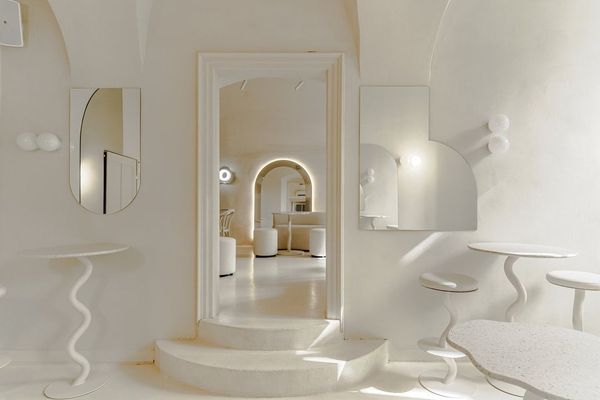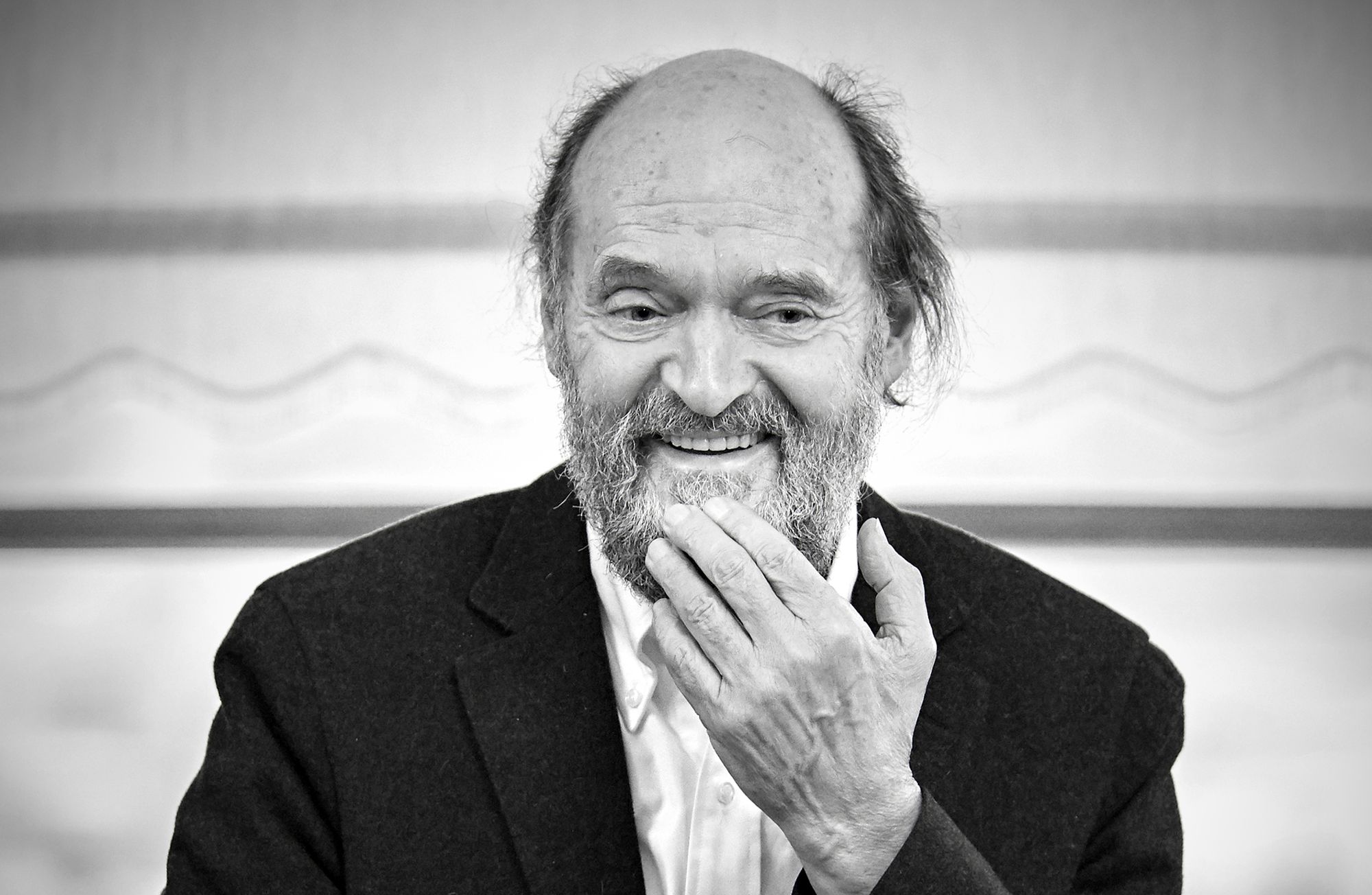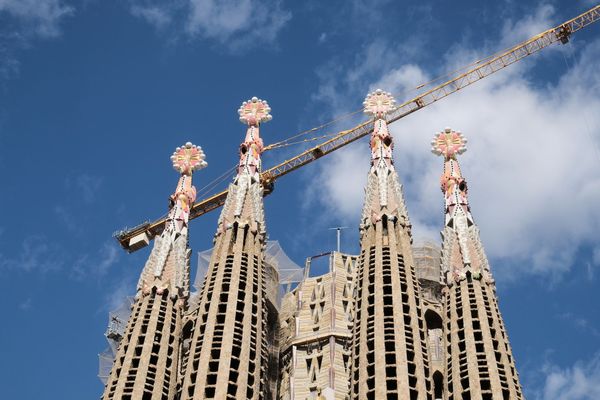According to the classical music event database, Bachtrack, Estonian Arvo Pärt was once again the world’s most performed living composer in 2022.
Every year, Bachtrack publishes statistics showing the frequency with which the works of each composer have been played. Pärt was the most played living composer between 2012 and 2018, finishing second behind John Williams in 2019. Due to the COVID-19 pandemic, no data have been compiled for 2020 and 2021.
Estonian contemporary classical composer Arvo Pärt was born in 1935, and in 1976 he created a unique compositional style called tintinnabuli, which still defines his work today: “Tintinnabulation is an area I sometimes wander into when I am searching for answers—in my life, my music, my work.”
Source: estonianworld.com
Cover photo: Kaupo Kikkas: Arvo Pärt

Croatia: goodbye to border control, hello to euro











